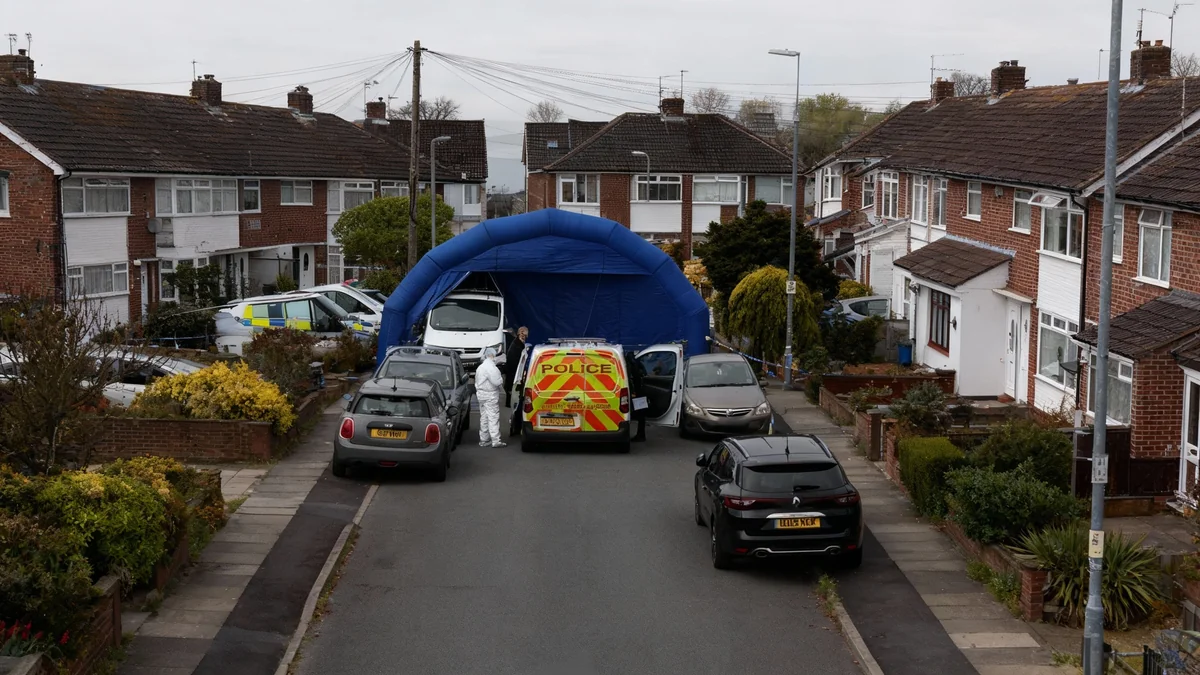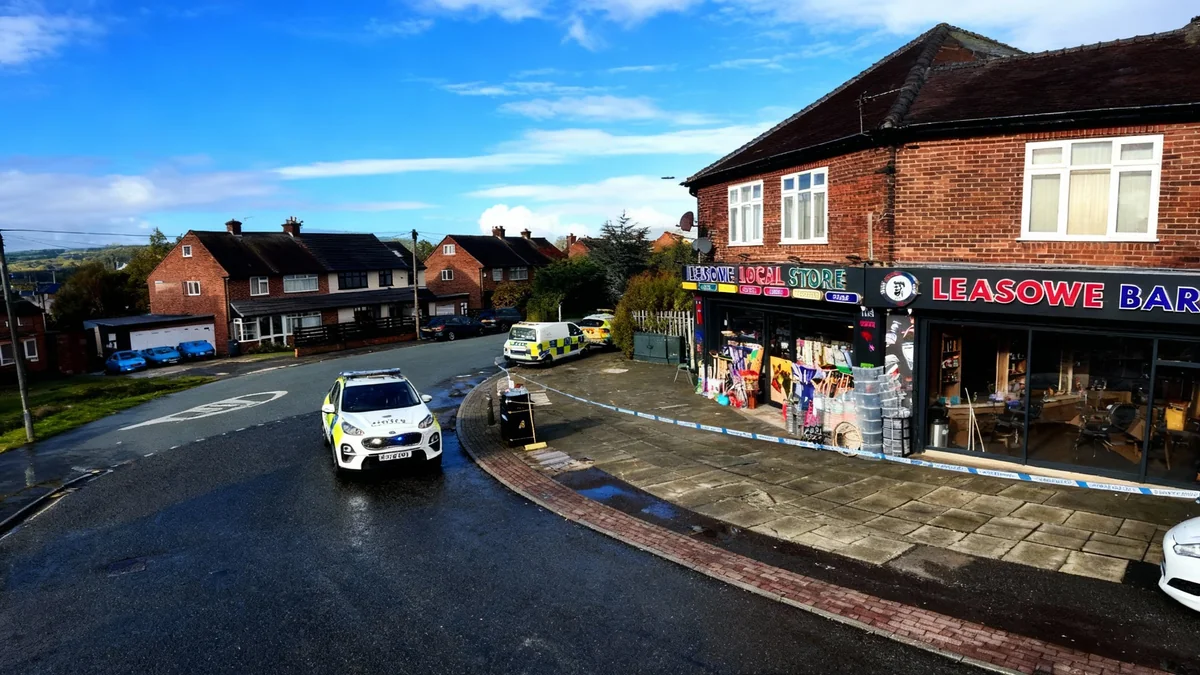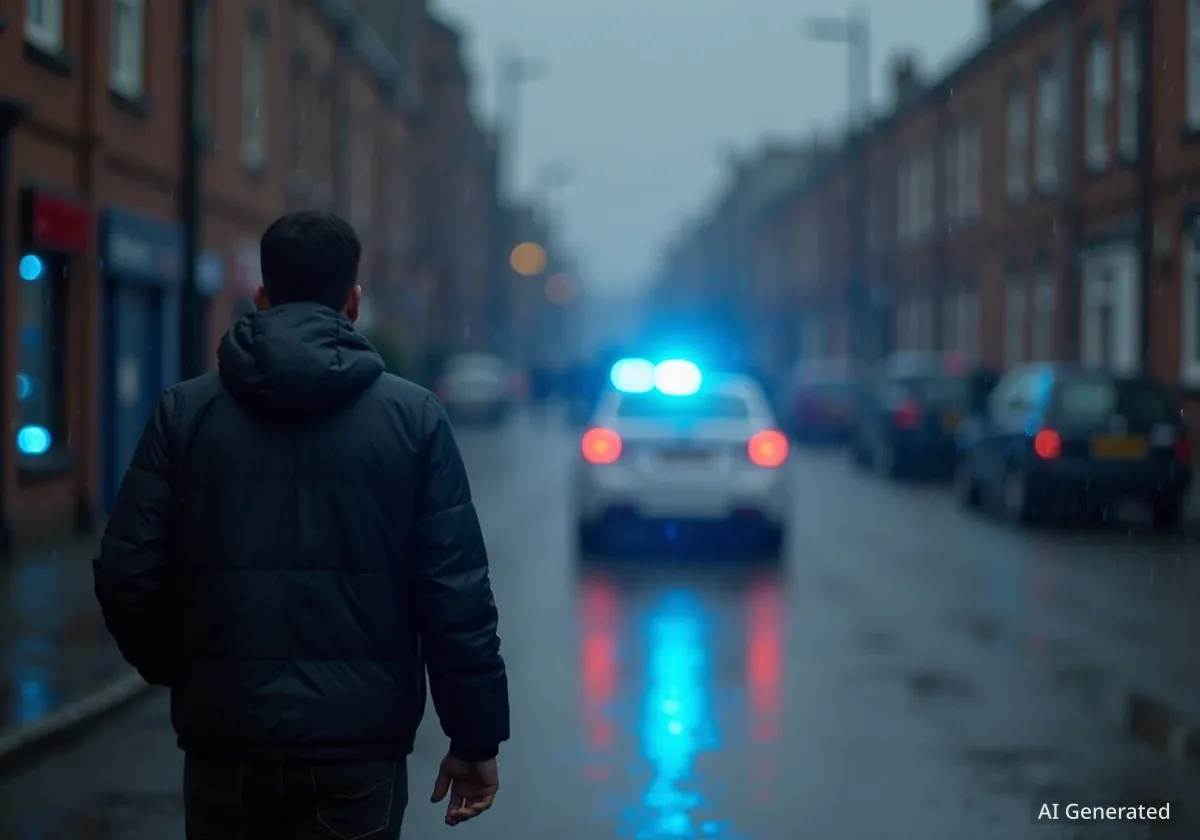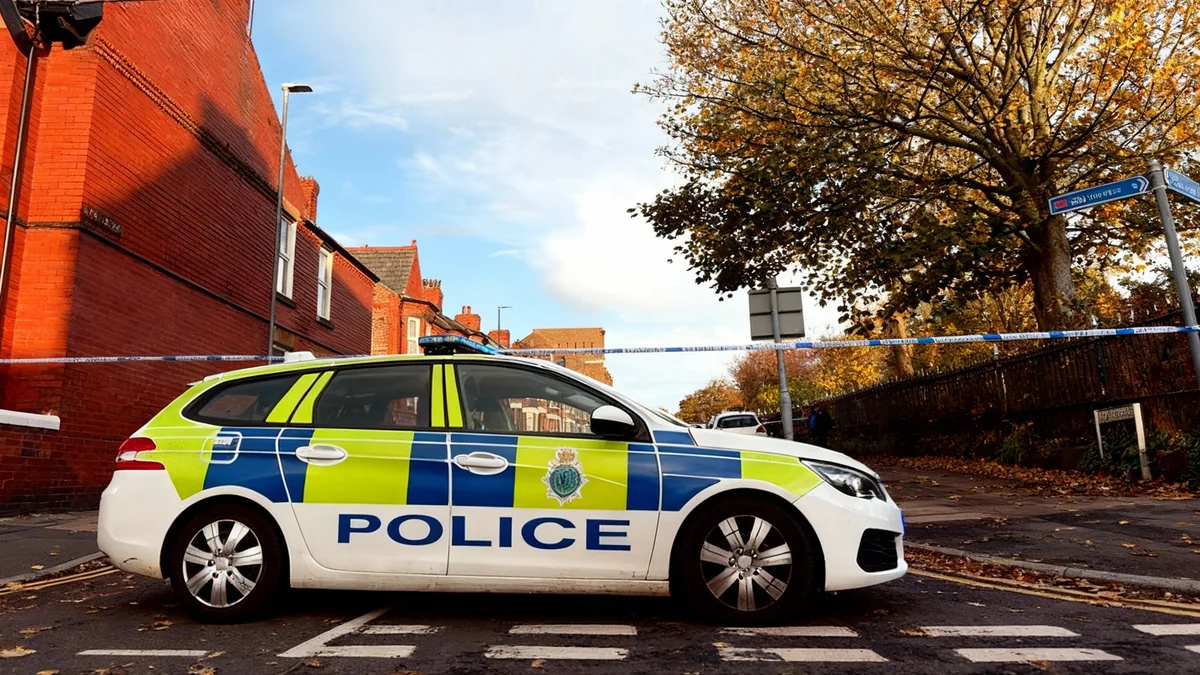A criminal gang responsible for a £2 million drug trafficking operation between Merseyside and North Wales has been ordered to repay less than £600 of their total earnings. A court hearing revealed the vast difference between the gang's profits and the assets available for seizure, prompting a judge to remark that it was a "real lesson in 'crime does not pay'."
The seven-member group, led by Anthony Howey from Liverpool, was sentenced to a combined total of 30 years in prison in January for distributing cocaine, heroin, and ketamine in Wrexham. A subsequent Proceeds of Crime Act hearing at Mold Crown Court detailed the minimal amounts that could be recovered from the individuals involved.
Key Takeaways
- A seven-member drug gang generated over £2 million in criminal profits.
- The group has been ordered to repay a total of just £572.90.
- Four members were ordered to pay a nominal sum of only £1 each.
- The operation, led from Liverpool, supplied Class A drugs to Wrexham.
- A judge described the outcome as a clear example that "crime does not pay."
The £2 Million Merseyside to Wrexham Drug Line
The organised crime group systematically supplied large quantities of illegal drugs from Merseyside to the streets of Wrexham. The operation was part of a North Wales Police investigation codenamed Operation Leap, which dismantled the supply chain.
The network's leader was identified as 40-year-old Anthony Howey of Rupert Drive, Liverpool. He directed the Merseyside end of the operation. His counterpart in Wrexham, Rhys Jones, 26, managed the local distribution network from inside his prison cell at HMP Berwyn.
Operation Leap Investigation
Operation Leap was a targeted police investigation aimed at disrupting the flow of Class A drugs into North Wales from major English cities. The arrest of Anthony Howey was a significant moment in the operation. Officers attempted to box in his vehicle in Kirkby, leading to a confrontation where three police cars sustained serious damage before he was apprehended.
The gang's activities were extensive, leading to their conviction and imprisonment earlier in the year. The combined 30-year sentence reflected the seriousness of their offences, which included conspiracy to supply cocaine, heroin, and ketamine.
Proceeds of Crime Hearing Details
During a hearing at Mold Crown Court on September 23, prosecutor Ryan Rothwell presented the findings of a financial investigation into the gang's assets. The figures revealed a significant gap between the amount of money the gang made and what could be legally recovered.
The court was told that while the total benefit from their criminal activity exceeded £2 million, the available assets were minimal. This is often the case when criminals dissipate funds or hide assets in ways that are difficult for authorities to trace and seize.
Benefit vs. Repayment Figures
The court detailed the financial disparity for each member:
- Garry Sullivan (50, Kirkby): Benefitted by £223,138.49, ordered to repay £418.90.
- Jason Young (25, Wrexham): Benefitted by £358,679.40, ordered to repay £150.
- Rhys Jones (26, HMP Berwyn): Benefitted by £732,133.58, ordered to repay a nominal £1.
- Edmund Partyka (26, HMP Berwyn): Benefitted by £399,940.84, ordered to repay a nominal £1.
- Kane Reeves (22, Wrexham): Benefitted by £388,395.06, ordered to repay a nominal £1.
- Dwayne Pritchard (27, Acrefair): Benefitted by £249,195.13, ordered to repay a nominal £1.
An order for the group's leader, Anthony Howey, 41, had already been made separately.
Her Honour Judge Nicola Jones approved the orders, giving the defendants a set time to pay the specified amounts or face additional time in prison. Reflecting on the small sums recovered, the judge stated, "This is a real lesson in 'crime does not pay'."
The nominal £1 orders are significant because they allow prosecutors to revisit the case and seize further assets if any are discovered in the future.
Court Hears Complaint Against Police
The hearing also addressed a separate issue raised by the defence. Barrister Maria Masselis, representing Garry Sullivan, informed the court that North Wales Police had destroyed two mobile phones seized from her client without a court order.
"The police have taken it upon themselves to destroy two mobile telephones that they seized as part of this investigation in advance of any order," Ms. Masselis told the court.
She explained that one of the phones contained material of sentimental value to her client. She argued that the police had no right to destroy evidence before the court had issued a formal order to do so.
Ms. Masselis noted that this was not an isolated incident, stating, "The police need to understand that they can't keep doing this."
Judge Jones acknowledged the seriousness of the complaint. She assured the court she would inform the resident judge, who would likely raise the matter directly with the chief constable. The judge also instructed the prosecutor to relay the concerns to his superiors.
Clarifying her position, Judge Jones added: "I am not minimising the case (offences) nor siding with the defendants. I am just stating the law." This underscores the legal principle that property, even when seized during a criminal investigation, cannot be destroyed without proper judicial authority.





